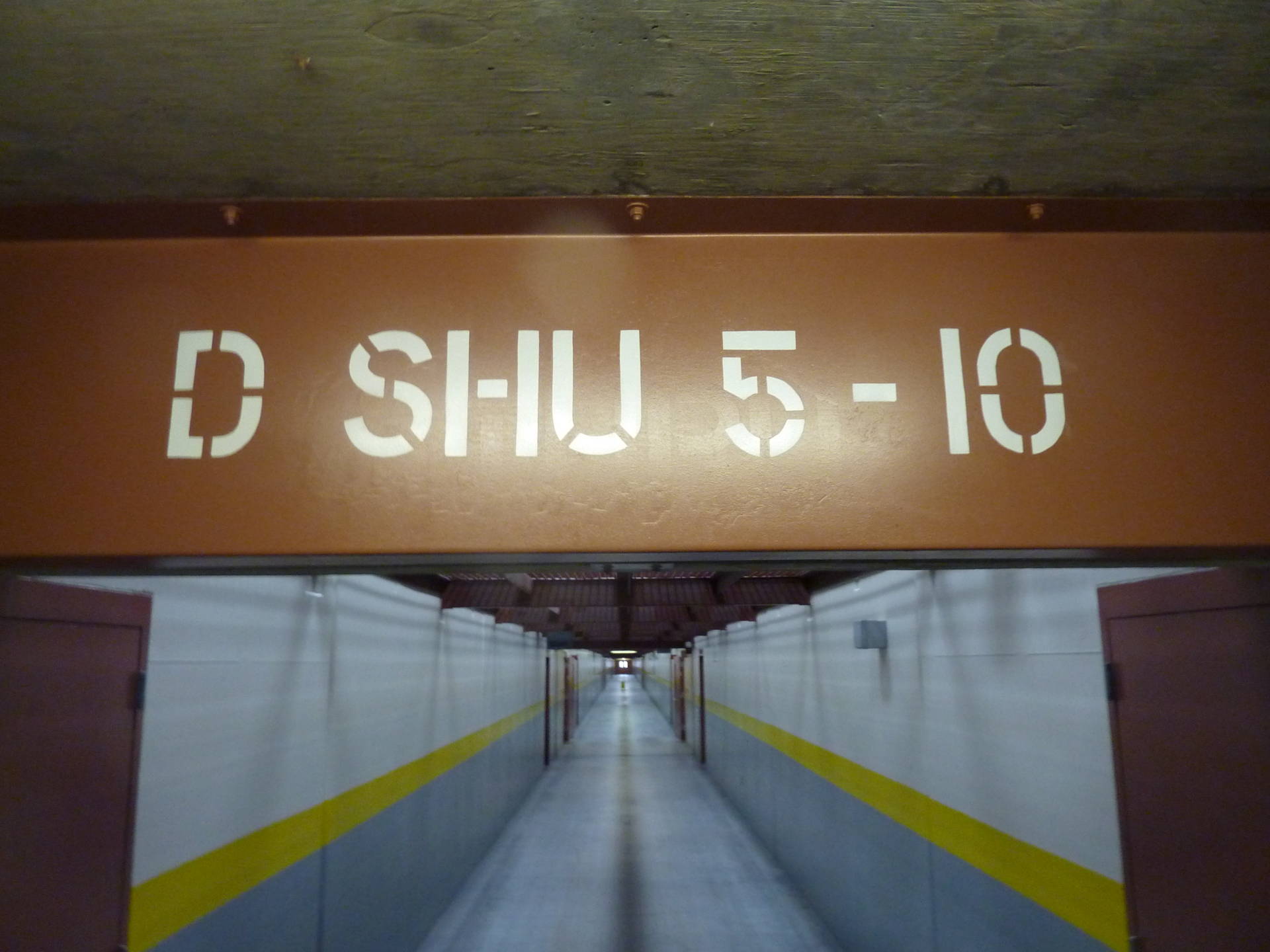The lawsuit followed California prison hunger strikes in 2011 and 2013 that protested indefinite isolation in SHU facilities based solely on prison authorities' determination that an inmate was affiliated with a gang, called gang validation.
A stint in the SHU means isolation from other inmates. It means up to 22½ hours a day in a windowless cell if the inmate does not participate in prison programs, like education. It also means no-contact visits with loved ones.
After the settlement, proposed on Sept. 1, 2015, and accepted by the federal judge in the case a month later, all SHU terms became behavior-based.
CDCR spokeswoman Terry Thornton said more than 3,000 inmates were housed in the SHU at the time of the hunger strikes, but the department began to trim that population years before the settlement. By the time it happened, 1,478 SHU inmates had been evaluated, and 1,110 had been moved to the general population.
In the past year, another 1,530 were reviewed, and another 1,226 made it back to the general population.
From the SHU, inmates can go a number of places other than the general population. They may end up in a special-needs yard or new "general population-like" housing for inmates with safety concerns, to name a few.
There were just over 1,060 male inmates and 16 female inmates in all California Security Housing Units as of early July, according to CDCR data, and 419 in Pelican Bay's SHU as of late August.
"People are being released from the SHU practically every day," Thornton said. "We have over a thousand empty SHU beds statewide, a thousand. Nobody’s living in those cells. I don’t know if you’re understanding what has changed in the past years. It’s enormous."
The population fluctuates, though, because inmates can still be given fixed terms of up to five years if they're found guilty of a criminal offense.
"The department’s longest SHU term is 60 months, and that’s for the offense of murder," said Sandra Alfaro, an associate director in CDCR’s Division of Adult Institutions. "With good conduct, that SHU term can be reduced by 50 percent."
Thornton said CDCR would not provide the length of time that those still in the SHU had been there. She said no one had been in isolation for longer than 10 years.
"We're down to just a handful, a little more than a handful of reviews left to do, so honestly the question is moot," she said. "From our point of view, it's not a relevant question."
The number of inmates who remain in the SHU based solely on gang validation is down to 25, Thornton said, plus 45 others whose cases have been reviewed. But safety or other considerations have complicated their relocation.
CDCR also still puts inmates in Security Housing Units indefinitely, but never based solely on gang affiliation.
A small population, described as a "handful" and not further specified by CDCR, is in the most restricted type of housing indefinitely for three SHU-level offenses in a five-year period.
That's the situation Robin Anderson says her son Eric is in. He's serving a life sentence for murder.
"That's been hell for him," she said, as she got ready for her seven-hour trip from Stockton to Pelican Bay for a recent visit. "It's hard for both of us. I don't get to hug him or kiss him or touch him, so that's hard."
She disputes CDCR's characterization that the small population still serving indefinite SHU terms are repeat problem offenders.
"He wrote a letter against the excessive lockdowns," she said, "and then he was validated on confidential informants," meaning he was identified as a gang member, but never learned who identified him. His third offense, she said, was having his name on a document circulated by a gang.
"That’s how they got him for three write-ups, which were all bogus," she said. "Those aren’t valid reasons. Even if they were, that’s still not a violent crime."
CDCR representatives interviewed for this report declined to discuss the use of confidential information to land inmates in the SHU because that part of the lawsuit is still being litigated.
"One key problem historically has been that they put people in the SHU not based on strong evidence that they do anything, but based on confidential information," said plaintiff's attorney Jules Lobel. "'We have a confidential informant who says this about you,' and they start putting a lot of people back in the SHU for that reason."
Maria Rodriguez didn't like the six months her son spent in the highly restrictive custody back in 2013. It interrupted her monthly visits from Los Angeles.
Angel Rodriguez was convicted on a conspiracy charge, but she says someone else is responsible for the murder that led to his incarceration. He told her he had to join the hunger strike to help his fellow inmates.
"He was punished because he went on a hunger strike," she said. "People become sick because they don’t feed them, they don’t take them to the yard, everything. That’s why he went to hunger strike."
She said when he emerged, he was skinny and looked terrible, but he was proud he'd fought for the rights of his fellow inmates.

